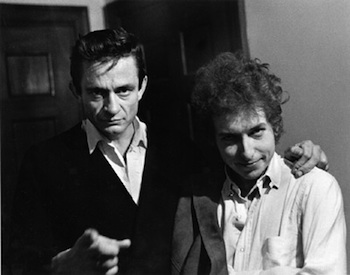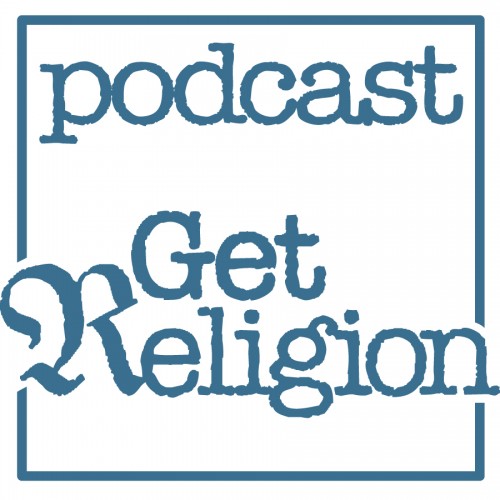In his 27-year major-league career, Nolan Ryan regularly fired 100-mph fastballs. He pitched seven no-hitters and struck out 5,714 batters — both records.
Now the CEO of my beloved Texas Rangers, the 66-year-old “Ryan Express” is a baseball legend — a Hall of Fame right-hander who needs no introduction to fans.
Nolan’s son Reid Ryan, 41, is a different story.
Except for his famous father, the younger Ryan remains relatively unknown. However, the Houston Astros hired him as team president in May, increasing his profile in the Lone Star State.
Enter The Dallas Morning News.
Over the weekend, the Dallas newspaper ran an in-depth, “what makes him tick” feature on Reid Ryan.
Unfortunately for non-subscribers, most of the 1,700-word profile is hidden behind a paywall. Fortunately for you, kind GetReligion readers who so much enjoy posts on sports stories, I am a subscriber and read the whole ghost-ridden thing.
Since I pay $9.99 a month mainly to peruse the Morning News’ behind-the-scenes Rangers coverage, I was enjoying the story as a baseball fan when the first holy ghost caused my GetReligion antenna to rise.
Early in the piece, the writer eloquently describes the major turning point in Reid Ryan’s life. It occurred when he was 7 years old and was hit by a car. Let’s enter that scene:
At the hospital, the doctors had no trouble diagnosing Reid’s shattered left leg.
After the surgeons carved him open to check for internal injuries, they removed his severed spleen. When the pain lingered into the next week, they opened him up again and removed a damaged kidney they had hoped to save.
Then came the body cast.
It was sometime during his confining next two months in the hospital that Reid, described by his mother as previously “vivacious” but turned eerily “subdued,” took a silent oath.
“God blessed me with a second chance,” Reid Ryan says 34 years later. “That time shaped how I look at the world. I decided that no matter how many more years I had on this earth, I was going to be extremely positive in everything I do.”
Let’s see: The money quote that describes the most significant event in Reid Ryan’s life involves G-O-D.
Did anyone at the Morning News catch that reference or consider delving more deeply into the role of Ryan’s faith? Apparently not, because the story immediately heads in a totally different direction using a, shall we say, ironic description given the ghost just mentioned:














